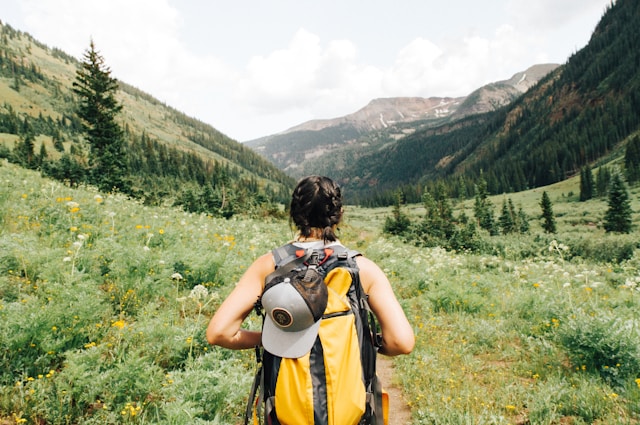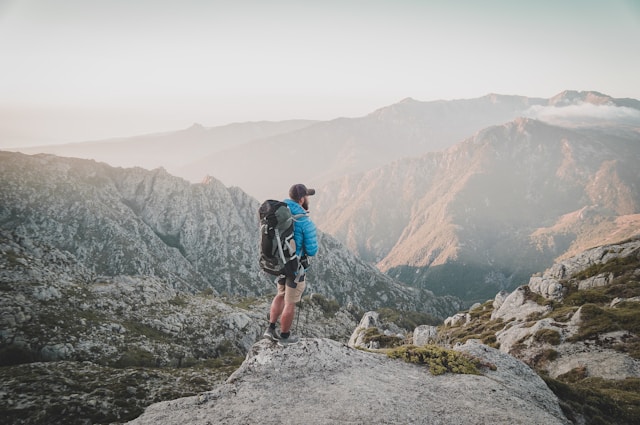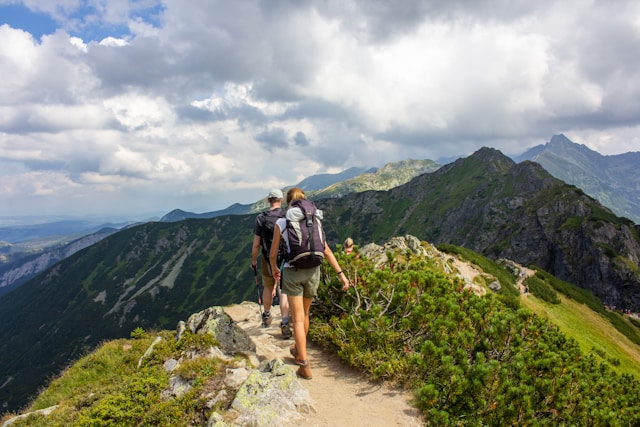Hiking solo can be a deeply rewarding and empowering experience, allowing you to connect with nature on a more intimate level and embark on a journey of self-discovery. However, venturing into the wilderness alone also comes with its own set of challenges and considerations. With careful planning and preparation, you can ensure a safe and enjoyable solo hiking adventure. Here are some essential tips to help you make the most of your solo hikes:
1. Know Your Limits
Before setting out on a solo hike, honestly assess your physical fitness, hiking experience, and outdoor skills. Choose a trail that matches your abilities and comfort level, and avoid tackling terrain or conditions that are beyond your capabilities.

2. Plan Your Route
Thoroughly research your chosen trail, including its length, elevation gain, terrain, and any potential hazards or obstacles. Obtain detailed maps and familiarize yourself with the route before you go. Leave a detailed itinerary with a trusted friend or family member, including your intended route, expected return time, and emergency contact information.
3. Pack Wisely
Pack essential gear and supplies for your solo hike, including navigation tools, first aid kit, emergency shelter, extra clothing layers, food, water, and a communication device (such as a fully charged cell phone or satellite messenger). Carry a personal locator beacon (PLB) or satellite communicator for added safety in remote areas.
4. Stay Alert and Aware
Maintain situational awareness at all times while hiking solo. Pay attention to your surroundings, weather conditions, trail markers, and signs of wildlife or other hikers. Trust your instincts and be prepared to adjust your plans or turn back if you encounter unexpected challenges or feel unsafe.
5. Practice Leave No Trace Principles
Minimize your impact on the environment by following Leave No Trace principles. Pack out all trash, avoid trampling vegetation, stay on designated trails, and respect wildlife and other hikers. Leave the wilderness as you found it, preserving its beauty for future generations to enjoy.
6. Trust Your Instincts
Listen to your intuition and trust your instincts while hiking solo. If something doesn’t feel right or you sense danger, don’t hesitate to take action to ensure your safety. Trusting yourself and making informed decisions are key to having a successful solo hiking experience.
7. Stay Connected
Stay connected with loved ones and let them know your plans before heading out on a solo hike. Check in regularly with updates on your progress and location, especially if you deviate from your planned route or encounter unexpected delays. Consider carrying a personal locator beacon or satellite communicator for added peace of mind.
8. Enjoy the Journey
Above all, embrace the solitude and freedom of solo hiking. Take time to appreciate the beauty of nature, listen to the sounds of the wilderness, and savor the sense of accomplishment that comes with exploring the great outdoors on your own terms. Solo hiking can be a transformative experience that fosters self-reliance, confidence, and inner strength.






